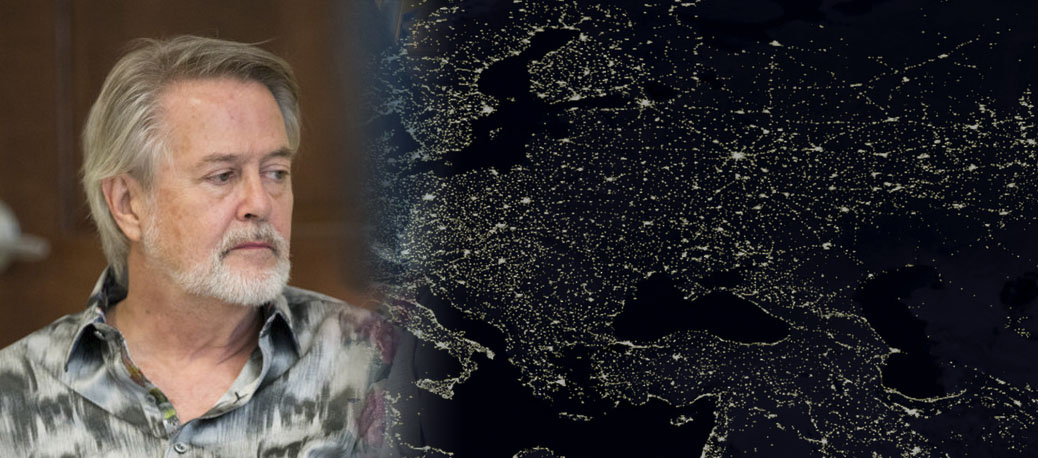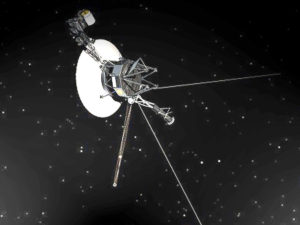
I genuinely envy the clear principles and processes by which others have selected their six titles, but I’m afraid that I can’t at this point offer such a reasoned rationale for the choices below. I agree with Maureen that making choices is difficult; it’s also inevitably arbitrary. As any writer who has ever been eligible for any award can tell you, every process of inclusion is a process of exclusion, and it always seems easier to defend titles included on a shortlist than it is to explain why particular titles were excluded. That’s one reason that I’ve never actually participated in the voting for the one award I have administered (for over three decades now!), the IAFA’s Crawford Award. When I’ve served on other juries, I always ended up with a nagging guilt that for every book we may have put on the map, we may have helped bury an equally worthy one. The same holds true here. Even as I start typing this, I have eight titles and am beginning to feel terrible about the two that will be omitted.
So this list includes novels I really liked, novels that I know I should have read already (but lacked the time), and novels that simply sound intriguing. I’ll start with two that I’ve already read.
The Rift, Nina Allen
I know that Nina Allen’s brilliant set of narrative riffs on family, psychology, memory, and science fiction that possibly isn’t science fiction at all is likely to end up on the actual finalist list, and that it’s gained well-earned BSFA recognition already. But it hasn’t gotten nearly as much attention here in the states, and I think Allen is one of the most important emerging voices in the field.
Clade, James Bradley. I was a little surprised to see this on the eligibility list, since I reviewed it when it first appeared in Australia way back in 2015, but I understand that it can take time for a book to circumnavigate the globe (the U.S. edition also appeared only last year). Sure, it’s a generation-spanning global warming apocalypse that sounds like it might weigh in at 700 pages of setpieces, but instead I found it an extremely humane literary approach with a series of interesting and interlocking viewpoints.
Gnomon, Nick Harkaway. Apart from the very impressive things I’ve heard about this, I really should have read it already (it only appeared in the states in January). Sometimes, though, when a 688-page book arrives two days before deadline (and already a month late), it isn’t always practical. I found his earlier The Gone-Away World fascinating if overpacked and at times confused, but there was no doubt about the narrative skill, and this one sounds somehow more focused and more expansive at the same time.
Spaceman of Bohemia, Jaroslav Kalfar. This first came to my attention with a review in the New York Times, since sometimes certain publishers seem hesitant to send review copies to genre reviewers. The idea of a Czech space program oddly resonated with a novel I did read last year (not on the Clarke list), After the Flare, by Deji Bryce Olukotun, which concerns a Nigerian space program. I don’t know why I’m fascinated by alternate space programs (I even liked Stephen Baxter’s versions back in the 90s), but this one has the added appeal of possibly drawing on the satirical tradition of Josef Nesvadba and others.
Autonomous, Annalee Newitz. In many ways the most commercial title here, though that isn’t meant as a criticism—simply as a recognition that it features pharmaceutical pirates, corporate brutalism, environmentalism, and one of the more persuasively imagined robots in recent fiction; in some ways it could share a title with Candas Dorsey’s “(Leaarning About) Machine Sex,” except that it’s the machine doing most of the learning. There are some genuinely interesting ideas about AI in this one.
Austral, Paul McAuley. Another novel that I should have read by now, but for the vagaries of timing, deadlines, etc. I’m realizing there may be something of a U.S. bias in my selections, since even though McAuley is one of the most meticulous and talented hard SF writers of the last few decades, he still has evaded the attention he deserves here in the states, and this appears to be one of the more original and credible approaches to a post-warming future, but (I assume) with McAuley’s usual attention to character motivation and landscape writing.
*
Gary K. Wolfe is Emeritus Professor of Humanities and former dean at Roosevelt University and a reviewer for Locus magazine and the Chicago Tribune. His reviews have been collected in Soundings (BSFA Award 2006; Hugo nominee), Bearings (Hugo nominee), and Sightings, and his Evaporating Genres: Essays on Fantastic Literature (Wesleyan) received the Locus Award in 2012. Earlier books include The Known and the Unknown: The Iconography of Science Fiction (Eaton Award, 1981), Harlan Ellison: The Edge of Forever (with Ellen Weil), and David Lindsay. For the Library of America, he edited American Science Fiction: Nine Classic Novels of the 1950s in 2012, and is working on a similar set for the 1960s. He received the Pilgrim Award from the Science Fiction Research Association, the Distinguished Scholarship Award from the International Association for the Fantastic in the Arts, and a Special World Fantasy Award for criticism. His 24-lecture series How Great Science Fiction Works appeared from The Great Courses in 2016. He has received six Hugo nominations, two for his reviews collections and four for The Coode Street Podcast, which he has co-hosted with Jonathan Strahan for more than 300 episodes.


